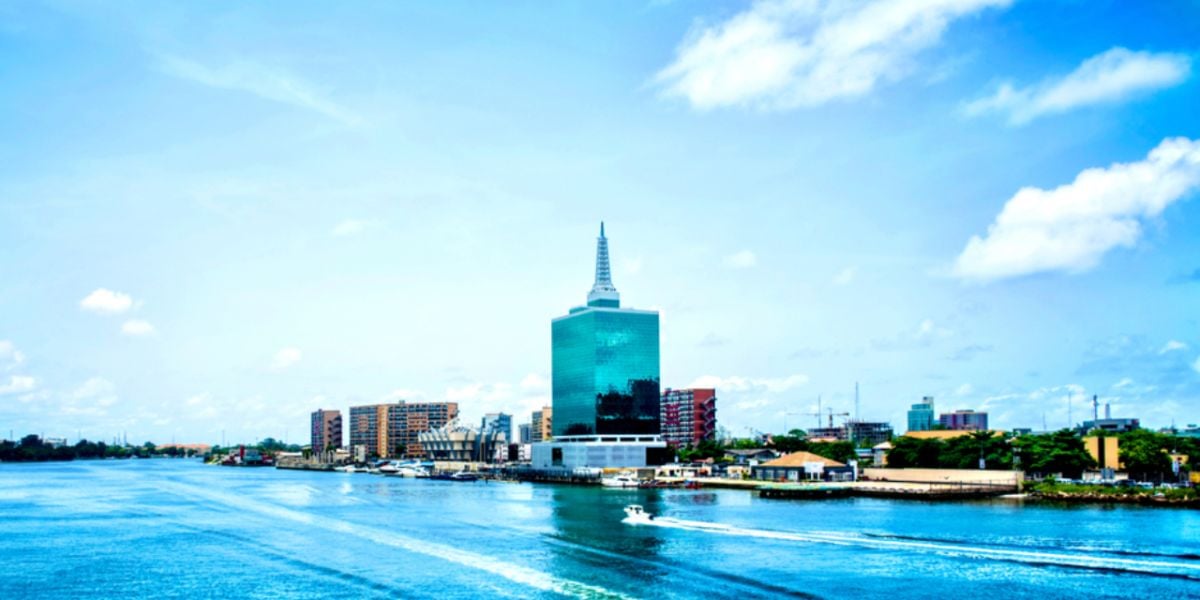
Unless you are a passport-holder of one of the Economic Community of West African States (ECOWAS) nations, namely Benin, Burkina Faso, Cape Verde, Cote d’ivoire, Gambia, Ghana, Guinea, Guinea Bissau, Liberia, Mali, Niger, Senegal, Sierra Leone, Equatorial Guinea and Togo, you will need to apply for a visa in order to enter Nigeria. Here is how to proceed.

Generalities about visas for Nigeria
Good news is, the Nigeria Immigration Service (NIS) has set up a very convenient digital one-stop shop for visa information and application. All requests and payments should be filed through the online immigration platform.
To obtain any kind of visa, your passport must be valid for a minimum 6 months from your date of entry into the country.
Visa fees are quite high for nationals of most countries, sometimes reaching several hundred American dollars (for example, visa fees for American citizens are currently set at $180), although a handful of nations enjoy free visas for Nigeria. You can find the detailed fees per country online.
Good to know:
Another $85 is charged for an expedited application.
Temporary visas for Nigeria
Two types of temporary visa will allow you to stay in the country for a maximum of 90 days: the tourist visa, intended for applicants wishing to visit the country for leisure purposes, and banning you from performing any business activity, and the business visa, for foreigners wishing to pursue business discussions, or attend meetings and conferences in the country.
To apply for a tourist visa, you will need:
- A valid passport;
- a duly completed visa application form;
- a confirmation of fees online payment;
- 2 passport-size pictures;
- a letter of invitation from a host, with a copy of their passport, or a confirmed hotel reservation;
- a return ticket; and
- evidence of funds to cover your stay in Nigeria.
Additionally, business visa applicants should provide a letter of invitation from a recognised Nigerian company. The business visa can also be extended for another three months.
Good to know:
A specific 'Temporary Work Permit Visa' can be granted to skilled specialists coming to perform equipment installation, maintenance and repair works. In this case, the applicant also needs to provide a certificate of Acceptance of Immigration Responsibility issued by the host organisation.
Long-term visa (Subject to Regularisation ' STR) for Nigeria
Foreigners planning on staying and working for more than three months in the country should apply for a Subject to Regularisation (STR) visa. To obtain one, you will need a confirmed job offer from a Nigeria-based company (subject to an Expatriate Quota approval from the Ministry of the Interior - read our article Working in Nigeria for more information).
You need to file an application and submit visa fees online, after which you will be called for an interview at the nearest Nigerian embassy. You should bring along:
- A valid passport;
- a certificate of employment, with expatriate quota approval;
- a duly completed IMM 22 form;
- a resume; and
- a receipt of payment of the fees.
Once you are the proud owner of a SRT visa, you need to get your immigration status regularised by applying for a Combined Expatriate Residence Permit and Aliens Card (CERPAC), which acts as a combined work and residence permit, within 90 days following your date of entry.
Good to know:
Foreign students admitted into a Nigerian higher education institution can also claim a STR visa, providing a letter of acceptance from the host school as well as evidence of payment of tuition fees instead of the certificate of employment.
We do our best to provide accurate and up to date information. However, if you have noticed any inaccuracies in this article, please let us know in the comments section below.








